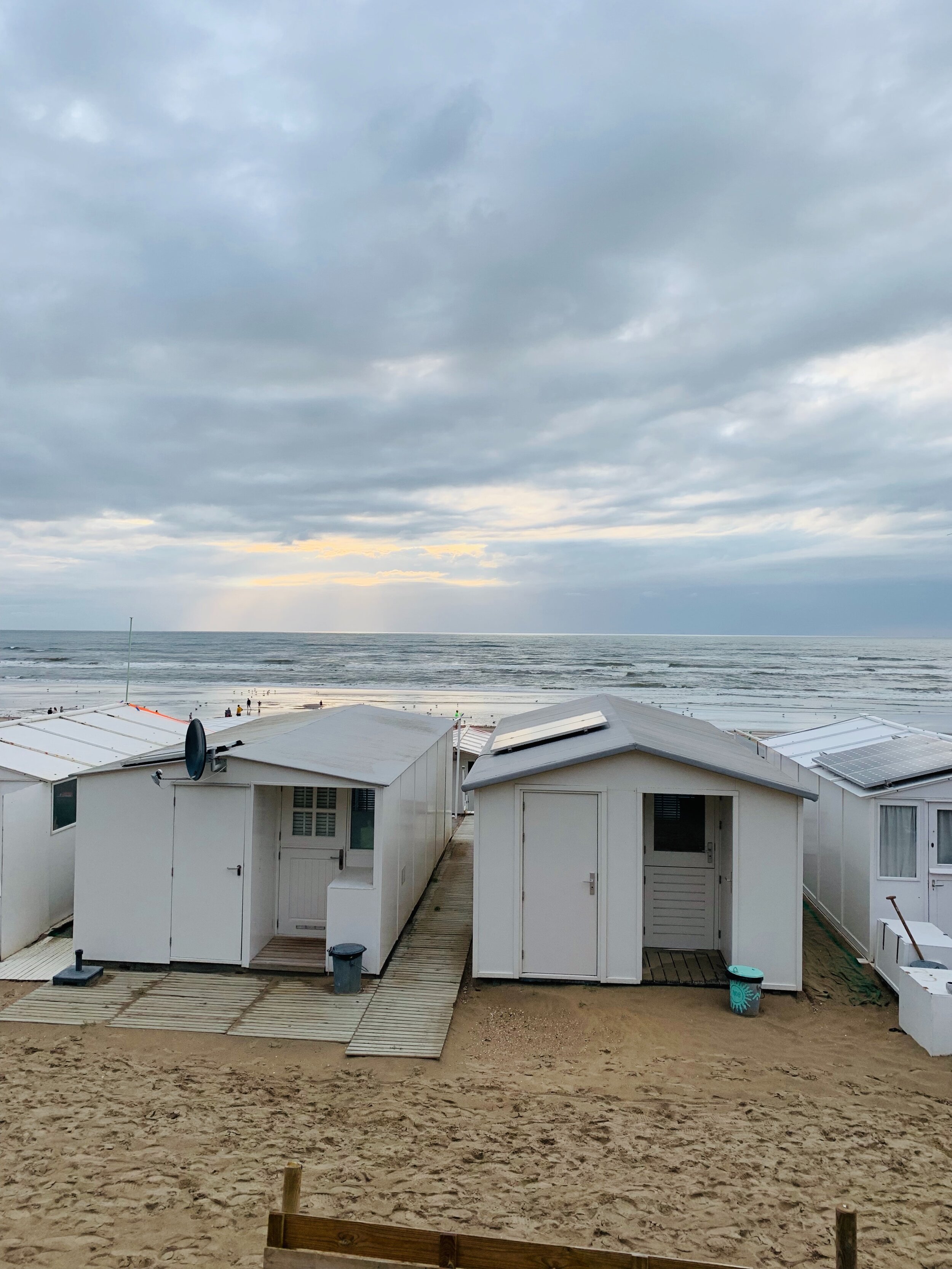aBOUT Us
About the Center for Pacific Urbanism
The Center for Pacific Urbanism is an independent research and advocacy center based in Los Angeles, advancing bold, equity-driven approaches to land use, housing, and urban transformation across California and the Pacific region.
We operate at the intersection of spatial analysis, public policy, and cultural insight—where deep data meets deep care. Our work fuses technical precision with community imagination, developing new tools and frameworks that challenge outdated paradigms and open space for more inclusive, resilient futures.
Our approach is multidisciplinary, design-forward, and unapologetically innovative. We’ve pioneered projects ranging from the Housing Allocation Index, which redefined how Los Angeles sets fair housing targets, to parcel-based analyses of publicly owned land that informed federal litigation on homelessness. In Venice, our research revealed critical omissions in historic preservation and empowered underrepresented communities with tools to advocate for equity in land use.
At the core of our mission are five guiding objectives:
Community-driven supply, maintenance, and governance of housing and essential infrastructure
Empirical data analysis in service of justice, clarity, and transparency
Public education around urban trends, access, and local histories
Policy evaluation to expose harm and inform reform
Community economic development as both strategy and outcome
The Center is not simply responding to urban challenges—we are shaping the frameworks, the tools, and the conversations that will define what comes next.
Some of the topics in which we engage include:
Policy Evaluation
Evaluate existing or proposed policy from local jurisdictions, agencies, and departments which manage the development of the built environment.
Demographics
Analyze historical trends through population demographics to gauge fairness and equity from the results of policy.
Modeling & Projections
Create conceptual models and project data trends into the future to verify expected results of policy decisions and their effectiveness.
Housing Production
Study the relationship between land use and zoning policy, local decision-making processes, and the rates of housing production for a community.
Land Use Planning
Assess former, existing, and proposed land use plans in order to determine best practices for local and regional development.
Environmental Justice
Explore how regional policies influence which communities are adversely affected by extended commute times, greenhouse gas emissions, water quality, and related environmental problems.
Homelessness
Examine how homelessness is exacerbated or mitigated through public decisions regarding housing policy and supportive services.
Spatial Analyses
Utilize public data and geographic information systems to visualize and understand data trends across any given space.
Community Economic Development
Use price analyses to investigate how communities develop economically and which policies support or hinder prosperity.













